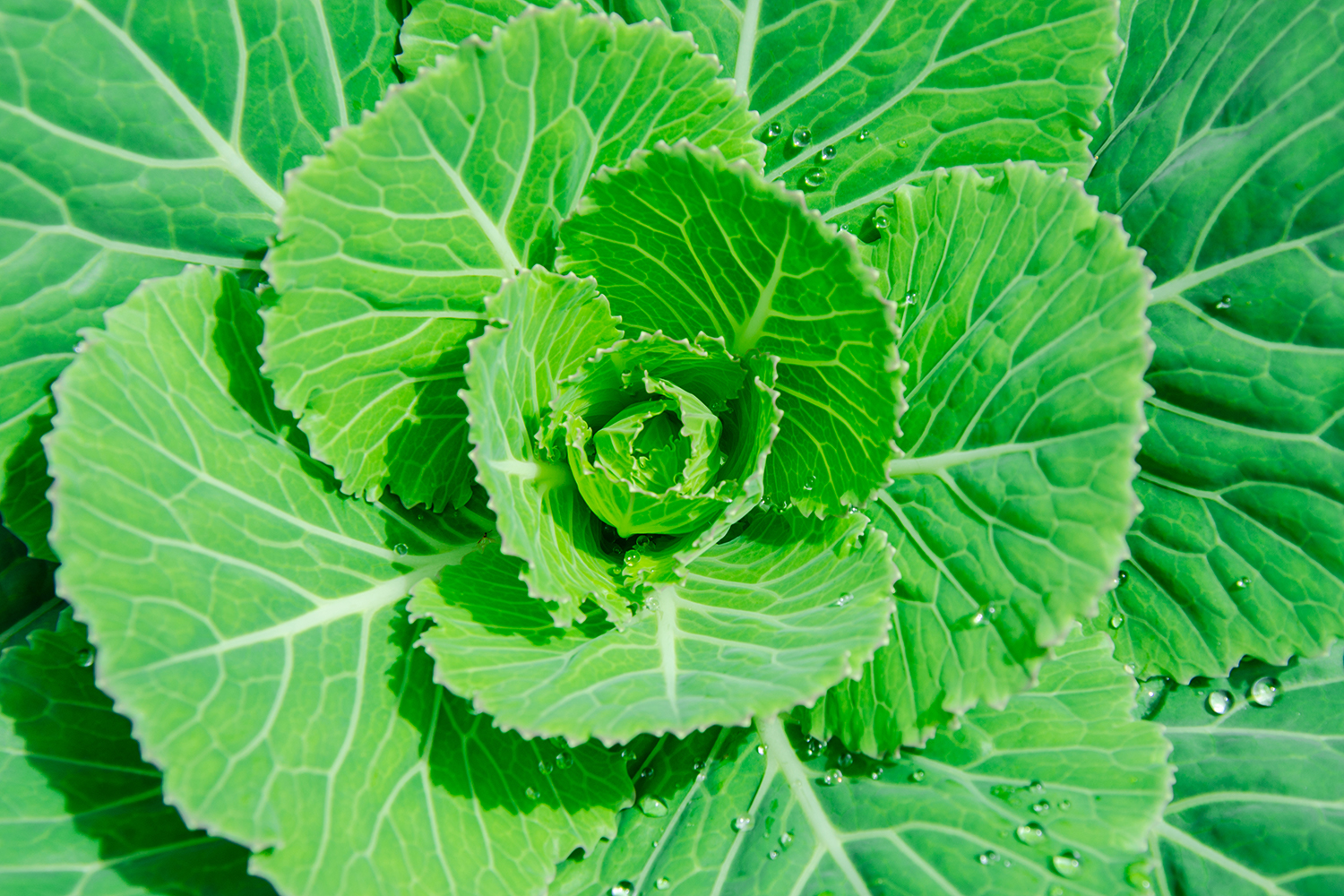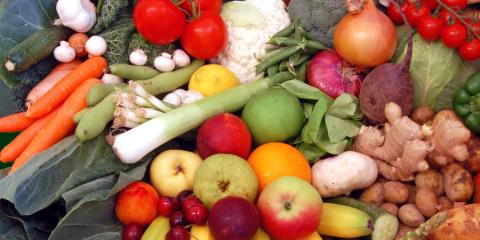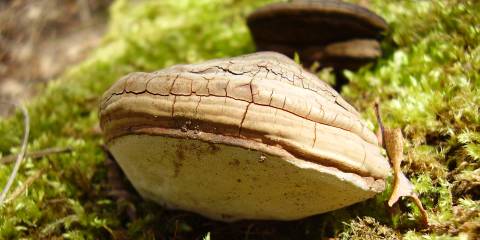Kale has held a revered place in many cultures that depend on its durability and nutrition. Many communities in northwestern Germany have yearly kale festivals with a “kale king.” In Scotland, this veggie is so essential that the word for kale is equivalent to “food.” To be “off one’s kail” is to feel too ill to eat.
Every winter I marvel as the kale in my garden stands tall and green when other vegetables have succumbed to frost and snow. A vegetable that hardy has to offer outstanding nutrition. Scientists agree, finding kale to be a superfood that should be on all of our plates.
Healthy Benefits
Modern-day research has confirmed kale’s legendary status. Kale, along with other dark, leafy vegetables, has been recommended by the American Heart Association for its role in keeping our hearts healthy. Folate and vitamins B6 and B12 in kale break down homocysteine, an amino acid found in the blood that at high levels is linked to coronary disease and stroke.
Even more outstanding are kale’s cancer-fighting properties. Cruciferous vegetables (broccoli, Brussels sprouts, cabbage, and cauliflower, along with kale) contain compounds called isothiocyanates, including sulforaphane, as well as indole-3-carbinol. These phytochemicals may act as antioxidants to combat free radicals and may also boost detoxifying enzymes to help fight cancer, according to numerous studies.
Components of these veggies appear to stop the growth of cancer cells in the breast, colon, endometrium (lining of the uterus), lungs, liver, and cervix. Research shows that people who have diets high in cruciferous vegetables have significantly lower risk for lung, colorectal, and prostate cancer. Animal studies suggest that compounds in these veggies might actually induce cancer cell death as well as work with enzymes to slow tumor growth.
Packed with Nutrition
Powerful as they are, kale’s isothiocyanates don’t work alone to fight cancer. Kale is high in vitamin A and carotenoids, which may help the immune system fight many types of cancer.
The Iowa Women’s Health Study found that the women who ate the most dark green, leafy vegetables, high in carotenoids, had less than half the risk for ovarian cancer than women who ate the least amount of these nutrient-rich leaves. Kale’s carotenoids, especially lutein and zeaxanthin, also protect vision.
Kale rounds out its nutritional power surge with excellent levels of vitamins C and K and the mineral manganese, along with good amounts of iron, calcium, potassium, and fiber.
A Cook’s Delight
Kale is not just a hit with health professionals. “I love to cook with kale, particularly dinosaur, or Tuscan, kale,” raves Chef Annie Somerville of Greens Restaurant in San Francisco.
She recommends parboiling it in lightly salted water and sauteing it with a little garlic, salt, pepper, red pepper flakes, and toasted nuts. A few raisins or pieces of diced apple balance kale’s mustardy bite.
This leafy green makes a great addition to pasta and potatoes, too. Young, tender kale is ideal for winter salads, and a leaf or two tossed in a smoothie will add to the nutrition without altering the taste. Chopped kale is delicious in soups, as well.
Shop Smart
When shopping, look for kale that shows no sign of wilting. Curly kale has ruffled leaves and a peppery, pungent flavor. Cavalo nero is commonly known by many names: dinosaur, Tuscan, and Lacinato kale. This type has dark blue-green leaves and has a slightly sweeter, more delicate taste than the curly variety. Ornamental kale is also known as salad savoy.
Sauteed, steamed, or raw—enjoy this tasty veggie and remember what Turkish diners say: “Every leaf you chew adds another branch to the tree of your life!” The science is there to prove it.
A Word of Caution
Kale is one of a few foods containing oxalates, which can cause problems for people who have had kidney stones. Oxalates can also interfere with the body’s ability to absorb calcium, so eat kale 2 to 3 hours before or after taking calcium supplements. Another substance in kale may interfere with thyroid function. Individuals with these conditions should talk with their healthcare provider.




